Cannabidiol (CBD) has become a popular wellness supplement, known for its potential therapeutic benefits such as pain relief, anxiety reduction, and anti-inflammatory properties. CBD comes in various forms, including full-spectrum, broad-spectrum, and isolate oils. These variations differ in their chemical makeup and the effects they provide, making it important to understand the distinctions between them. In this article, we will explore the key differences between full-spectrum CBD oil, broad-spectrum CBD oil, and CBD isolate to help you make an informed choice based on your needs and preferences.
What is Full-Spectrum CBD Oil?
Full-spectrum CBD oil contains a wide range of cannabinoids, terpenes, flavonoids, and other plant compounds found in the cannabis plant. This oil includes not only CBD but also trace amounts of THC (tetrahydrocannabinol), the compound responsible for the psychoactive effects commonly associated with cannabis. The concentration of THC in full-spectrum CBD oil is typically very low—less than 0.3%—which is below the legal threshold in most regions.
The idea behind full-spectrum CBD oil is that the various compounds in the cannabis plant work together synergistically, enhancing the potential benefits of the oil. This phenomenon is known as the “entourage effect.” The entourage effect suggests that when cannabinoids like CBD and THC are combined, they may work together to enhance the overall therapeutic effects, which may not be as pronounced when cannabinoids are used individually.
What is Broad-Spectrum CBD Oil?
Broad-spectrum CBD oil is similar to full-spectrum CBD oil in that it contains a wide range of cannabinoids and terpenes. However, the key difference is that broad-spectrum CBD oil is specifically processed to remove all traces of THC. This makes broad-spectrum CBD oil a suitable option for individuals who want to avoid THC due to personal preference or legal concerns, or for those who are sensitive to THC.
Like full-spectrum CBD oil, broad-spectrum CBD oil benefits from the entourage effect, with cannabinoids and terpenes working together to enhance the overall therapeutic potential of the product. However, without THC, the entourage effect may not be as potent as with full-spectrum oil. Broad-spectrum CBD oil typically contains multiple cannabinoids such as CBD, CBG (cannabigerol), and CBC (cannabichromene), but without the intoxicating effects of THC.
What is CBD Isolate?
CBD isolate is the purest form of CBD available on the market. It is extracted from the cannabis plant and then isolated from all other cannabinoids, terpenes, and plant compounds. This results in a crystalline powder that contains 99% pure CBD, with no THC, other cannabinoids, or terpenes.
Because CBD isolate is so pure, it does not offer the entourage effect seen with full-spectrum or broad-spectrum oils. While it is effective for delivering the benefits of CBD, it may not provide the same enhanced therapeutic effects as a full-spectrum or broad-spectrum product. CBD isolate is often used in products such as edibles, tinctures, and topicals where pure CBD is desired without the risk of THC exposure.
Key Differences: Full-Spectrum, Broad-Spectrum, and Isolate
To better understand the distinctions between full-spectrum CBD oil, broad-spectrum CBD oil, and CBD isolate, let’s break down the key differences in their composition, effects, and potential uses.
Cannabinoid Content
- Full-Spectrum CBD Oil: Contains a wide variety of cannabinoids, including CBD, THC (in trace amounts), CBG, CBN (cannabinol), and CBC. The presence of THC (below 0.3%) is what differentiates full-spectrum oil from the other two types. The trace amount of THC does not cause intoxication but may contribute to the entourage effect.
- Broad-Spectrum CBD Oil: Contains a range of cannabinoids similar to full-spectrum CBD oil, but all THC is removed. It still includes other beneficial cannabinoids like CBG and CBC, allowing users to experience the entourage effect without the risk of consuming THC.
- CBD Isolate: Is 99% pure CBD with no other cannabinoids or terpenes. There is no THC, CBG, CBC, or any other plant compounds in CBD isolate, meaning it lacks the entourage effect entirely.
The Entourage Effect
- Full-Spectrum CBD Oil: Full-spectrum CBD oil is known for delivering the most robust entourage effect due to the combination of cannabinoids, terpenes, and flavonoids. This synergy is thought to enhance the therapeutic effects of CBD, making it a popular choice for people seeking the full range of benefits from the cannabis plant.
- Broad-Spectrum CBD Oil: While broad-spectrum CBD oil can still provide some level of entourage effect due to the presence of multiple cannabinoids and terpenes, it will not be as powerful as full-spectrum oil because it lacks THC. The absence of THC may reduce the overall effectiveness of the entourage effect.
- CBD Isolate: Because CBD isolate is pure CBD, there is no entourage effect. The lack of other cannabinoids or terpenes means that CBD isolate only provides the effects associated with CBD, which can still be beneficial, but may not be as comprehensive as full-spectrum or broad-spectrum CBD.
THC Content
- Full-Spectrum CBD Oil: Contains trace amounts of THC (less than 0.3%), which is not enough to cause psychoactive effects but can potentially show up in drug tests. The presence of THC may also enhance the therapeutic effects through the entourage effect.
- Broad-Spectrum CBD Oil: Contains no THC, making it a suitable option for individuals who want to avoid THC entirely. This can be particularly useful for those subject to drug testing or individuals who are sensitive to THC.
- CBD Isolate: Contains absolutely no THC, making it the purest form of CBD with no risk of intoxication or legal concerns regarding THC content.
Effectiveness
- Full-Spectrum CBD Oil: Due to the entourage effect, full-spectrum CBD oil may provide more holistic and potent therapeutic benefits, especially for conditions like chronic pain, anxiety, and inflammation. The combined effects of CBD, THC, and other cannabinoids might enhance the overall effectiveness for some users.
- Broad-Spectrum CBD Oil: Although effective, broad-spectrum CBD oil may not be as potent as full-spectrum CBD oil because it lacks THC. However, it still offers a variety of cannabinoids, which can be beneficial for those who want a more complete experience without the psychoactive effects of THC.
- CBD Isolate: CBD isolate can be effective for those who need targeted relief from CBD’s potential benefits, such as anxiety reduction or pain relief. However, without the entourage effect, it may not be as effective for people who need the full range of therapeutic benefits from the cannabis plant.
Legal and Workplace Considerations
- Full-Spectrum CBD Oil: Due to the presence of THC, full-spectrum CBD oil may not be legal in all areas, and there is a slight risk of testing positive for THC on a drug test. It’s essential to be aware of local regulations regarding THC content and workplace drug testing policies.
- Broad-Spectrum CBD Oil: Broad-spectrum CBD oil, with no THC, is a safer choice for individuals who need to avoid THC for legal or employment-related reasons. It provides the benefits of multiple cannabinoids without the concern of THC showing up on drug tests.
- CBD Isolate: Since CBD isolate contains no THC, it poses no risk of testing positive for THC on a drug test. It is often preferred by people who are concerned about THC but still want to experience the benefits of CBD.
Conclusion
The choice between full-spectrum CBD oil, broad-spectrum CBD oil, and CBD isolate depends on your individual needs, preferences, and goals. Full-spectrum CBD oil offers the most comprehensive benefits due to the entourage effect, including trace amounts of THC. Broad-spectrum CBD oil provides a similar range of benefits without the THC, making it a good option for those who wish to avoid it. CBD isolate, while highly pure, does not provide the entourage effect and may be less effective for those looking for a holistic experience.
Personal Review of Full Spectrum CBD Oil from Just CBD
As someone who’s always on the lookout for a good CBD oil to add to my routine, I was excited to try the Full Spectrum CBD Oil from Just CBD. So, let me walk you through my personal experience with these products, including what I liked, what I didn’t, and where you can get your hands on them.
Just CBD Full Spectrum CBD Tincture
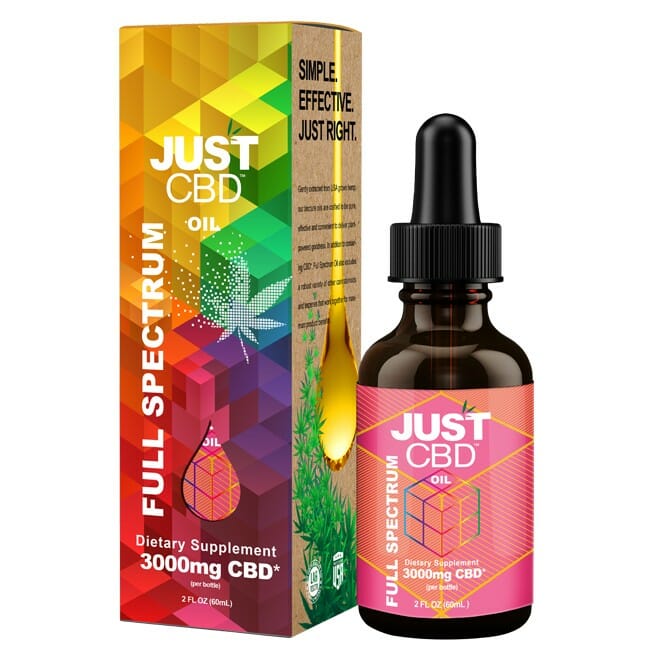
You can grab the Full Spectrum CBD Tincture here:
Buy Full Spectrum CBD Tincture
First up is the Full Spectrum CBD Tincture. I’ve always preferred tinctures because they’re easy to use, and this one didn’t disappoint. The dropper is precise, so you can easily control your dosage, which is a big plus. I started with just a few drops under the tongue and noticed a calming effect within about 30 minutes. It’s subtle, not a “knock you out” kind of feeling, but definitely relaxing, and the effects lasted for a few hours.
What I liked:
- The taste is not overwhelming. Some CBD oils have this earthy, super grassy taste, but this one was pretty mild.
- It’s really effective for stress relief. After a busy day, it helps me unwind without making me feel groggy the next morning.
- The full spectrum formula provides a nice entourage effect, so I could feel the benefits on both my body and mind.
What I didn’t like:
- The price point is a little higher than other CBD tinctures I’ve tried, but I suppose you’re paying for the quality and the full spectrum profile.
- It took me a couple of tries to figure out my ideal dose (as with most CBD oils), so if you’re new to this, it might take some trial and error.
Just CBD CBD + THC Full Spectrum Oil
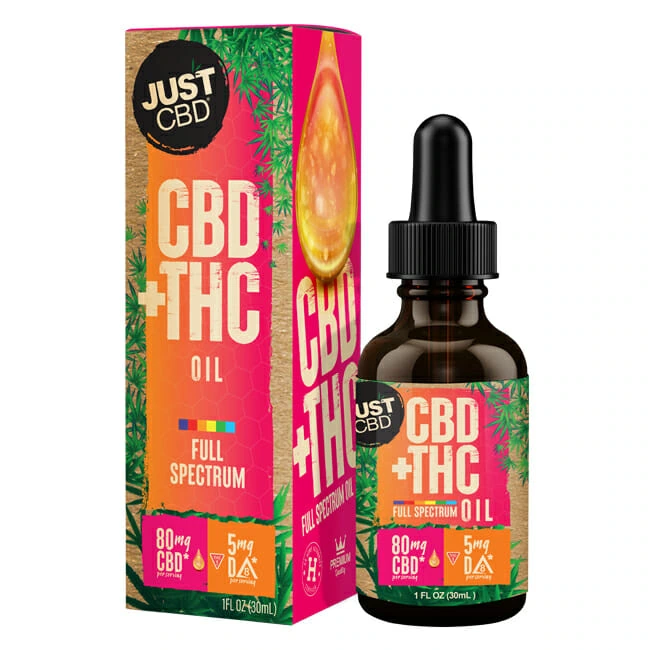
You can grab the CBD + THC Full Spectrum Oil here:
Buy CBD + THC Full Spectrum Oil
Next, I gave the CBD + THC Full Spectrum Oil a try. This one is a game changer if you’re looking for something with a bit more of a punch. The blend of CBD and THC is subtle but definitely there, and I noticed a deeper sense of relaxation. This one worked wonders on my sleep; I had some of the best rest I’ve had in a while after using it. It doesn’t feel “intoxicating” but more like a light buzz of euphoria, which I really enjoyed.
What I liked:
- The addition of THC really enhances the effects. It’s a more full-bodied experience compared to just CBD.
- It helped me wind down before bed, and I had a deeper, more restful sleep.
- The oil’s consistency is nice—smooth and easy to measure.
What I didn’t like:
- If you’re sensitive to THC or don’t want to feel any psychoactive effects, this might not be the right option for you. While it’s a very mild effect, I could tell the difference compared to a purely CBD tincture.
- The flavor is a bit more herbal than the other tincture, which might not be for everyone. It’s not overwhelming, but if you’re picky about tastes, you might want to consider a flavored option.
Comparison and Final Thoughts
If you’re just looking for CBD benefits, the Full Spectrum CBD Tincture is a great choice. It’s relaxing, effective for stress, and won’t leave you feeling out of it. But if you’re after something a little more potent with a mild psychoactive effect, the CBD + THC Full Spectrum Oil is the way to go, especially for better sleep or a more noticeable body high.
What is Full-Spectrum CBD Oil?
Full-Spectrum CBD oil is made from hemp and contains not only CBD but also other cannabinoids, terpenes, and a trace amount of THC (usually under 0.3%). The presence of these additional compounds is thought to enhance the therapeutic effects through the “entourage effect,” where all the components work together for a more effective result.
How Does Full-Spectrum CBD Oil Work?
Full-Spectrum CBD oil works by interacting with the body’s endocannabinoid system (ECS), which helps regulate various functions like mood, sleep, pain, and immune response. The cannabinoids in the oil bind to receptors in the ECS, promoting balance and enhancing well-being.
Will Full-Spectrum CBD Oil Make Me High?
No, Full-Spectrum CBD oil typically contains less than 0.3% THC, which is not enough to produce a “high” feeling. However, it may give you a mild sense of relaxation or euphoria due to the presence of THC, especially in higher doses.
How Do I Use Full-Spectrum CBD Oil?
Full-Spectrum CBD oil is commonly used sublingually. Place a few drops under your tongue and hold for 30-60 seconds before swallowing. You can also add it to food or beverages, but the sublingual method ensures faster absorption.
What Are the Benefits of Full-Spectrum CBD Oil?
The potential benefits of Full-Spectrum CBD oil include relief from stress and anxiety, pain management, improved sleep quality, and overall mood enhancement. It’s also known to help with inflammation, muscle recovery, and even skin issues like acne or eczema.
Is Full-Spectrum CBD Oil Legal?
Yes, Full-Spectrum CBD oil is legal in most states as long as it contains less than 0.3% THC. However, it’s essential to check your local regulations, as cannabis laws vary by region.
Can Full-Spectrum CBD Oil Be Used for Sleep?
Yes, Full-Spectrum CBD oil has been reported to help with sleep issues. The combination of CBD and trace amounts of THC can promote relaxation, reduce anxiety, and support better sleep quality, making it a popular choice for those with insomnia or other sleep disorders.
How Long Does It Take for Full-Spectrum CBD Oil to Work?
The effects of Full-Spectrum CBD oil can typically be felt within 30 minutes to an hour after consumption. However, this can vary depending on your body’s metabolism, the dosage, and the method of consumption.
Can I Use Full-Spectrum CBD Oil for Pain Relief?
Yes, many users have reported using Full-Spectrum CBD oil for pain management, including chronic pain, arthritis, and muscle soreness. Its anti-inflammatory properties, along with the entourage effect, may enhance its ability to alleviate pain.
Is Full-Spectrum CBD Oil Safe to Use?
Full-Spectrum CBD oil is generally considered safe for most people when used as directed. However, it’s always best to consult with a healthcare provider, especially if you are pregnant, breastfeeding, or taking medications that might interact with CBD.
- CBD Vape Pens vs. CBD Vape Cartridges: Which is Better for You? - December 17, 2024
- Altocalciphilia: Exploring the Appeal of High Heels in Fetishes - December 11, 2024
- Delta 8 Gummies vs. Delta 9: Key Differences and Effects Explained - December 6, 2024
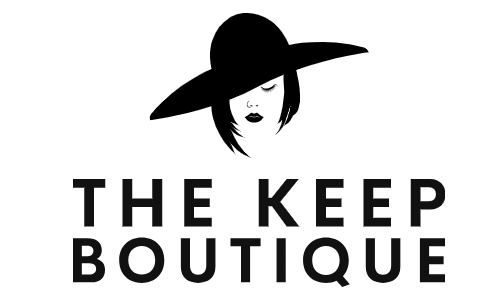

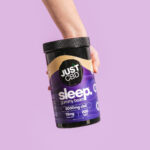
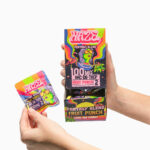

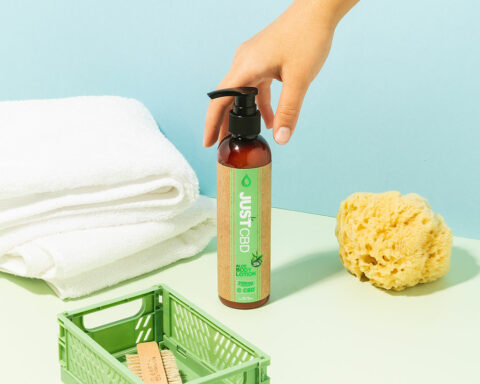
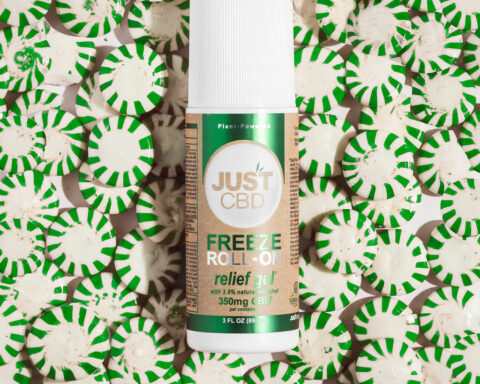
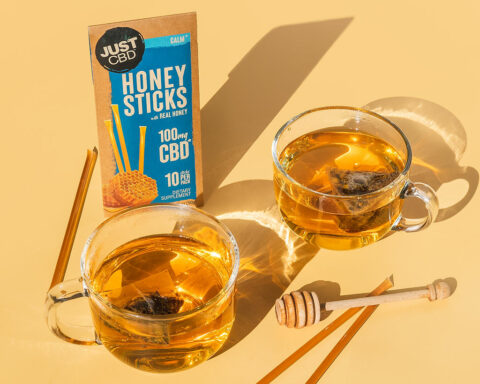
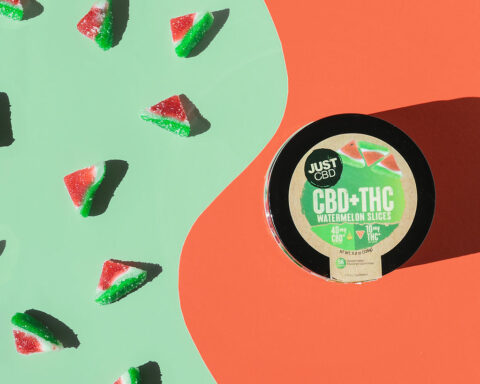
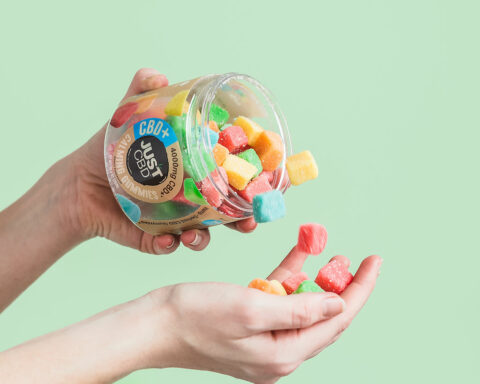
Follow Me